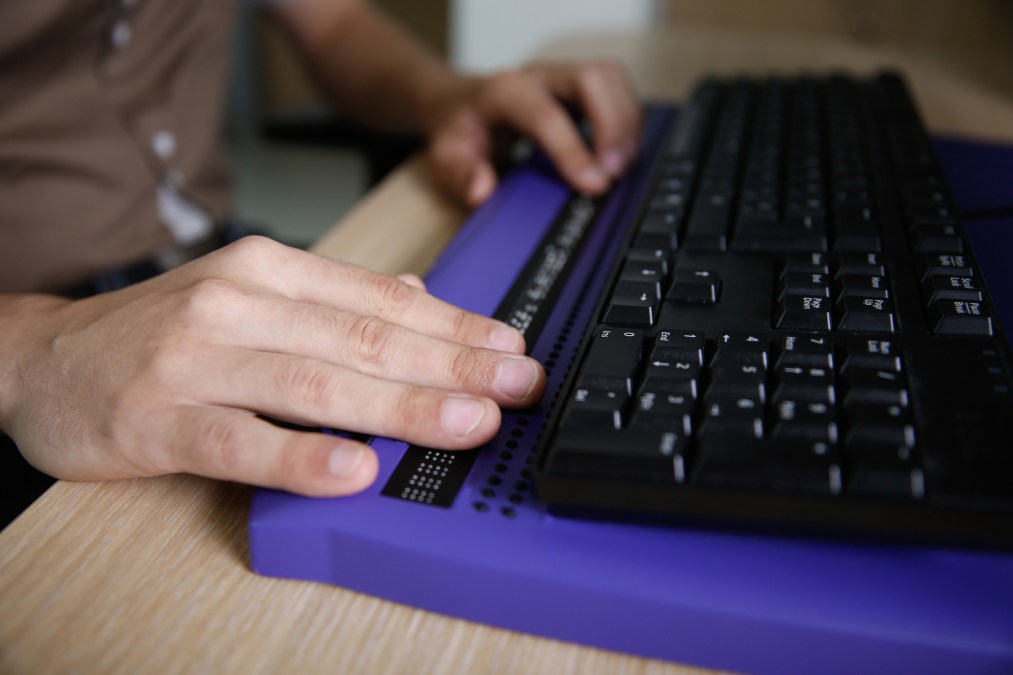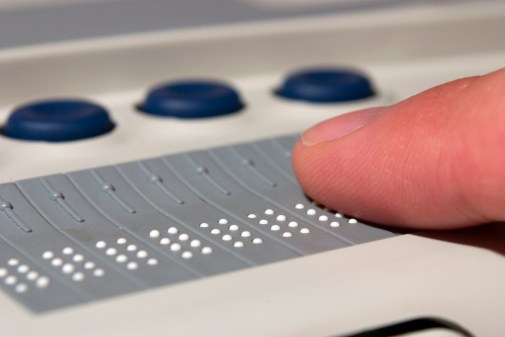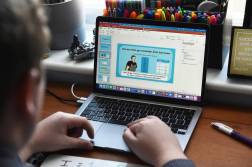Increasingly online, more universities are being sued by students with disabilities

With the majority of colleges moving online, several universities are now being sued for not making class materials, websites and services accessible to disabled students.
After the COVID-19 pandemic forced colleges and universities to move online in March, many institutions are now working out the kinks to make their curriculum resources and university services accessible in the new remote-learning environment. But for disabled students, the challenges of digital accessibility have been exacerbated, despite laws that prohibit discrimination against disabled people.
Over the summer, 35 disability lawsuits have been filed against universities related to online learning, according to accessibility software company AudioEye. And although universities have faced legal pushback for digital inaccessibility in the past, the pandemic has amplified accessibility issues for disabled students, said Heath Thompson, CEO of AudioEye.
“I think it clearly represents something going on relative to the prevalence now of online learning, and remote learning,” Thompson told EdScoop.
These lawsuits are being brought against universities because of their failure to make digital resources accessible, he said, which includes not providing students with closed captioning of audio and video resources or failure to support text-to-speech functionality for course materials or web content. As a result, disabled students say in their filings that they’re challenged simply in accessing information and resources they need to complete their classes.
Meredith Boyce, a blind student who dropped out of a college because her courses were not digitally accessible, told EdScoop that much of her time while enrolled was spent explaining what she needed to faculty and staff so she could succeed in class.
“I spent a lot of time working with them on how to teach me instead of actually learning the content myself,” she said. “You are spending a lot of emotional labor working on teaching your professors how to accommodate you.”
Boyce said she had to withdraw from many of her online classes because of accessibility issues like PDFs that didn’t support text-to-speech functionality and computer science classes that weren’t adapted to her needs. And even though some students take legal action against their institutions in an attempt to remedy these shortcomings, she said, lawsuits are time-consuming and expensive.
“Disabled people must rely upon very cost-prohibitive litigation to win rights that have already been won and enshrined in law for 30 years,” she said. “It’s very difficult to be a disabled student in the era of online learning.”
At Misericordia University in Dallas, Pennsylvania, digital accessibility has long been a priority, the university’s PC services manager, Dave Johndrow, told EdScoop. Now the university has a team of developers and designers to ensure all digital content is accessible to disabled students, he said.
“We teach [content developers] about the basics of designing for accessibility, making sure that we’re not using the wrong colors or the wrong fonts and headings are are correct,” Johndrow said.
But embedding accessibility software into web pages and the learning management system has been critical to improving accessibility, he said.
Ultimately, universities still have a lots of work to do to make all their digital content accessible to students, Thompson said, but many institutions are beginning to take steps toward making their content more accessible.
“You’re probably gonna run into some problems still,” Thompson said. “But I do believe that the pandemic, with the compression of all this digital transformation emphasis in a very short period of time, was really important. And I think as physical access for persons with disabilities has in some cases literally gone away, digital is the only medium. … And so it’s no longer a nice to have, it’s an imperative if you want to embrace the 25% of the U S population that is disabled.”




